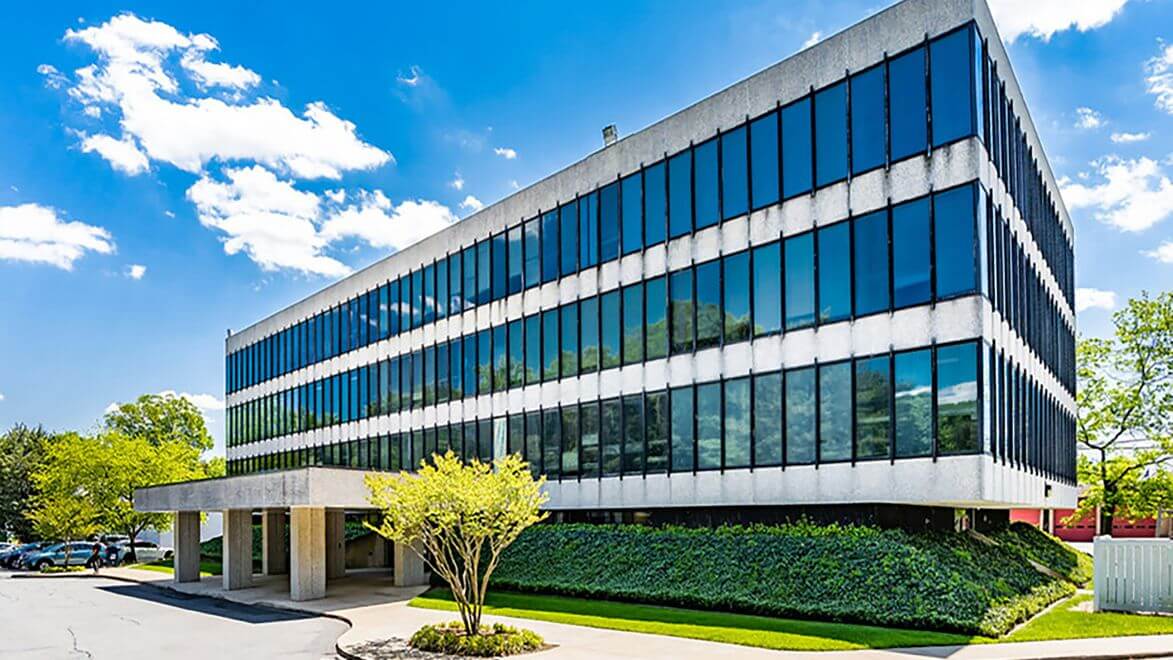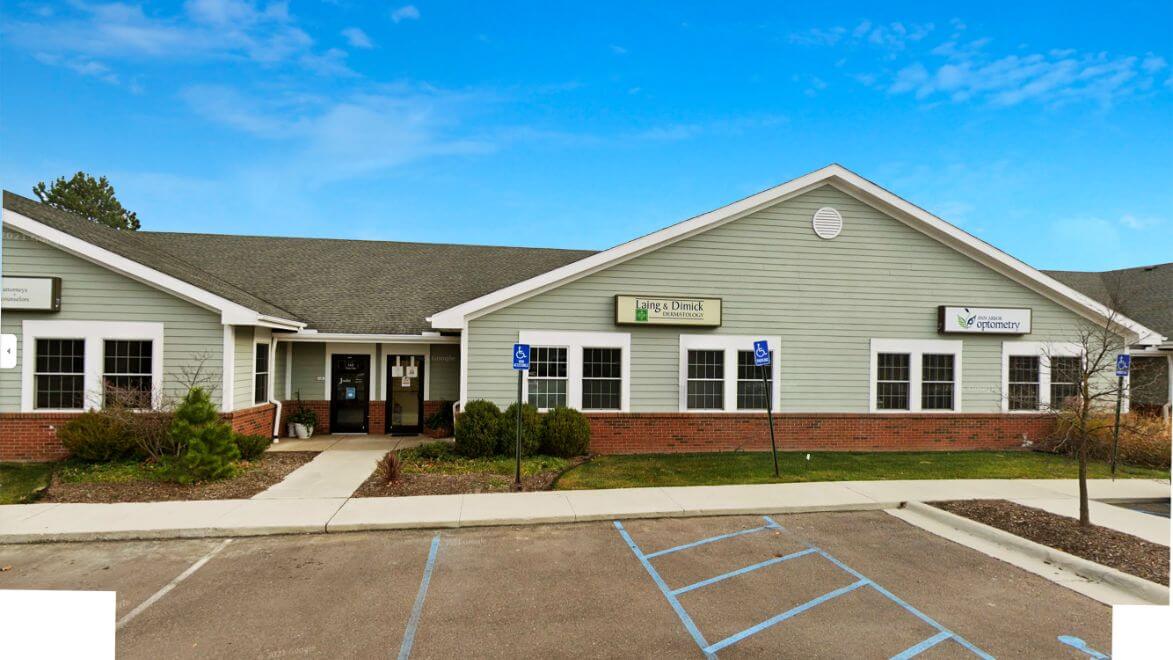Abscess-Boil
Our experienced dermatologists at Pinnacle Dermatology provide comprehensive services, ranging from accurate diagnosis through physical examinations to personalized treatment plans. We prioritize pain relief and promote healing, often utilizing drainage techniques such as incision and drainage (I&D).
Through prescription medications and preventive measures, we aim to address the immediate issue and reduce the risk of recurrence. Trust us for expert care, education on skincare practices, and ongoing support for your skin health journey.
Examples of Abccess-Boil
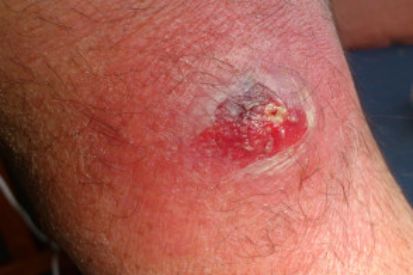
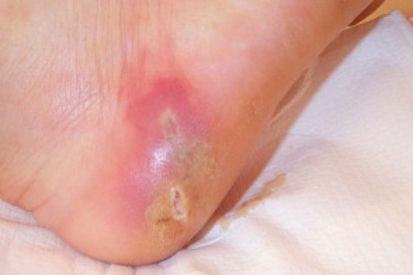
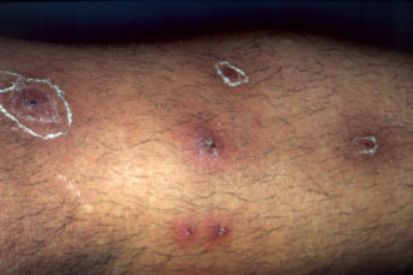
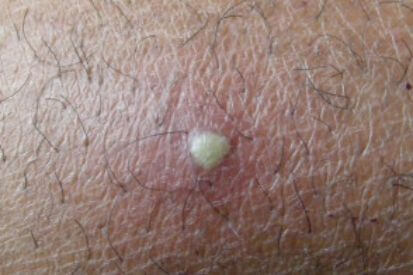
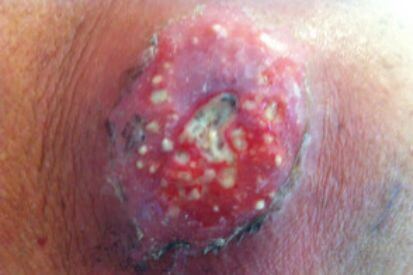
Symptoms of Abscesses and Boils
- Boils manifest as red, tender, and painful lumps on the skin, typically filled with pus.
- The affected area may be swollen and warm to the touch.
- Boils contain a center filled with pus, which may require medical intervention
- The surrounding skin is often red and inflamed.
- In some cases, individuals may experience a fever, especially if the infection is severe.
- Boils and abscesses can be sensitive to the touch.
Causes of Abscesses and Boils
- Boils and abscesses can form as a result of a cut or break in the skin, which leads to a bacterial infection.
- Some boils are caused by an ingrown hair.
- Others are caused by plugged-up sweat glands, such as some types of cystic acne.
- They grow quickly and are usually painful until they drain.
- People with weakened immune systems are more susceptible to boils than the general population.
How to Prevent Abscesses and Boils
FAQs for Abscesses and Boils
While both involve a collection of pus, a boil specifically refers to a skin infection around a hair follicle. An abscess, on the other hand, can form in various body tissues, including organs and deeper layers of the skin.
Abscesses and boils often present as swollen, red, and painful lumps on the skin. They may be warm to the touch and can develop a white or yellow center (pus-filled head) as they progress.
Treatment may involve draining the abscess by making an incision, which can provide relief and promote healing. Antibiotics may also be prescribed to address the underlying infection. In some cases, more extensive surgical drainage may be necessary.
Over-the-counter creams may not be effective in treating abscesses or boils. While antibiotics can help with bacterial infections, they are typically prescribed by a healthcare professional after a proper evaluation. It's important to consult with a doctor before using any medications to ensure appropriate treatment.
Yes, abscesses and boils can be painful due to inflammation and the buildup of pressure. Over-the-counter pain relievers, such as acetaminophen or ibuprofen, may help alleviate pain. However, it's essential to consult with a healthcare professional for proper guidance on pain management and to address the underlying cause of the abscess or boil
Diagnosis and Treatment of Skin Care Needs
Treatments for Abscesses and Boils
Featured Blogs
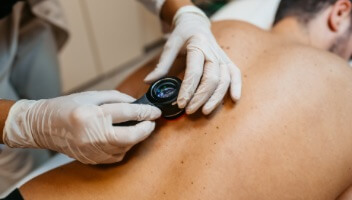
- General Dermatology
Our providers treat over 3,000 conditions that affect your skin, hair and nails, including skin cancer. They also can detect early signs of undiagnosed internal health issues.
Read More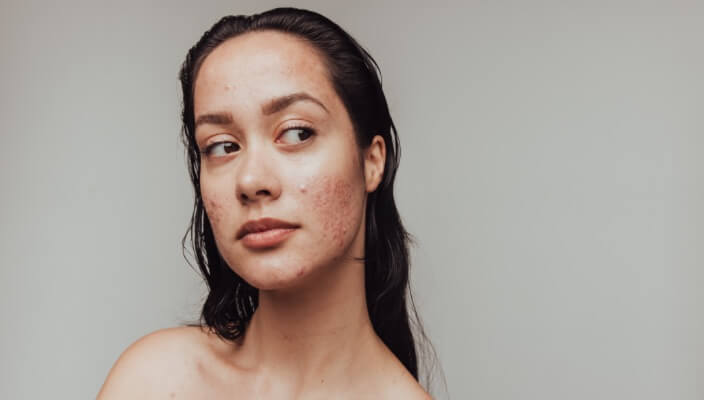
- General Dermatology
- Skin Care
Acne can persist into adulthood, affecting individuals well beyond their adolescent years. Explore tips for managing your adult acne.
Read More
- General Dermatology
- Skin Care
- Chronic Skin Conditions
We asked one of our skin care professionals for tips on how to clear up acne. Here's what he had to say.
Read MoreFeatured Products

DefenAge 2 Minute Reveal Masque
See amazing skin-brightening in minutes. A blend of ultrafine sugar crystals suspended in a gently warming creamy masque, it quickly uncovers the healthy skin beneath surface debris. When used once or twice a week, it helps the products that follow work on the upper skin layers more effectively. Adding water melts the crystals as you reveal new skin, and an instantly refreshed, younger-looking complexion. Free from microbeads and fragrance. 2.5 oz / 71 g

EltaMD UV Clear SPF 46
Oil-free EltaMD UV Clear helps calm and protect sensitive skin types prone to discoloration and breakouts associated to acne and rosacea. It contains niacinamide (vitamin B3), hyaluronic acid and lactic acid, ingredients that promote the appearance of healthy-looking skin. Very lightweight and silky, it may be worn with makeup or alone. Choose from tinted and untinted formulas for use every day. 1.7 oz / 48 g

